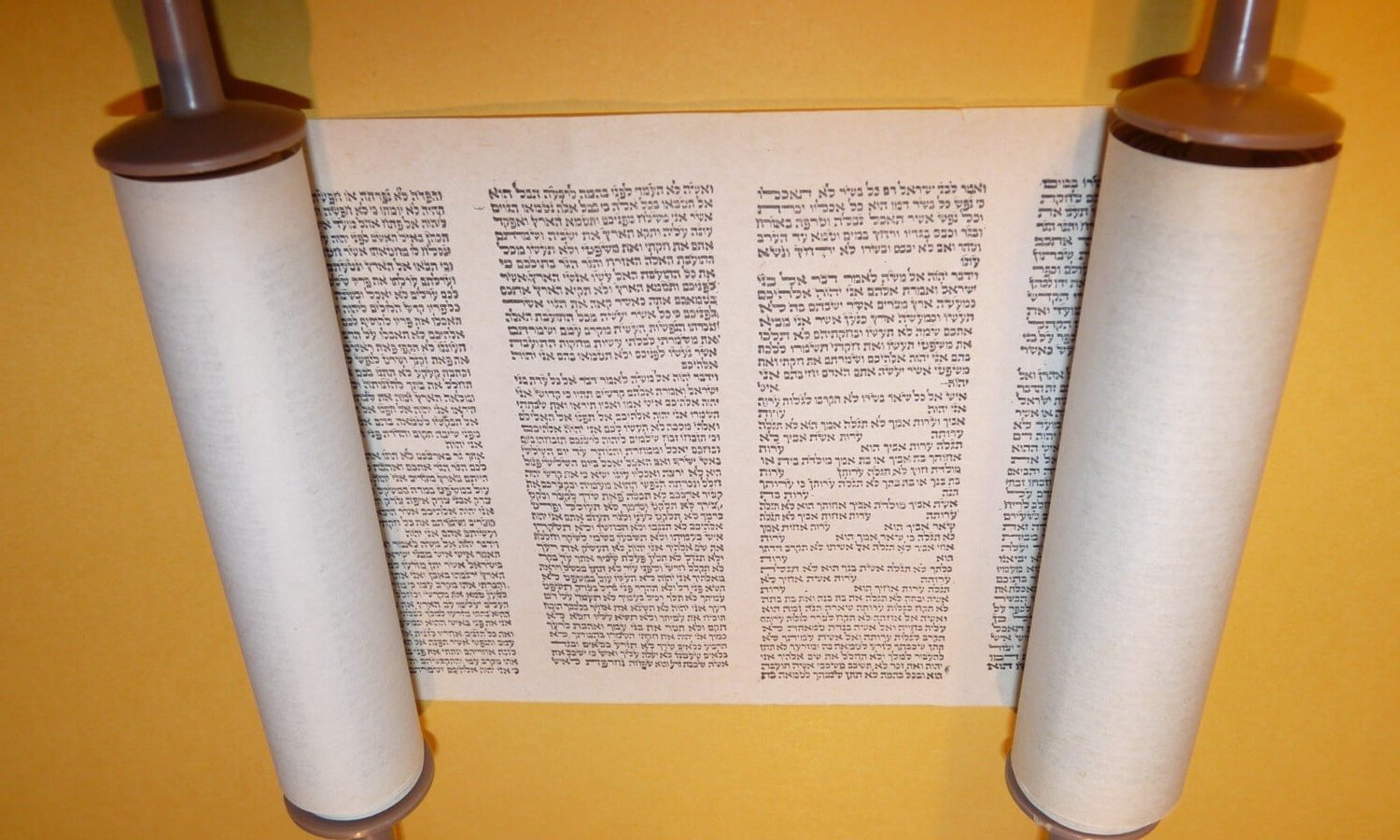
As readers of these articles are aware, a given term in Hebrew frequently has multiple meanings and/or purposes depending on the context and content of the text section in which it appears.
With the verb “abad,” this is definitely the case[1]. (Hebrew: עבד, pronounced “avád”) is used both theologically and generally. “Abad” often means “to work, to process, to perform, to labor, and to serve” (as a slave or servant).
“Abad” has a specific meaning in rigorous theological and spiritual usage, which is to serve (the Lord God), worship, and be honored.
To work
When referring to land or the earth, the word “abad” generally means “to cultivate, to work,” as it does in the creation story (Genesis 2:5).
The intention behind God’s creation of man was for him to “abad” the earth that He had made in Eden. This “abad” deed is also religious when it is performed in order to carry out God’s plan for creation. Genesis 2:15 refers to this as God’s “abad”[2]/to work and “shamar”/to keep, to monitor. Compared to Israel’s later forced labor in Egypt, this is entirely different (Exodus 1:13,14; 5:18).
But after the Fall, tillage turned into a laborious task (Genesis 3:17–19). The Mosaic law uses the verb “abad” (to work), which can also mean “all your work”: “You will “abad” or labor for six days, completing all of your tasks. (Leviticus 5:13; Exodus 20:8). The religious meaning of “abad” or “to serve” is frequently seen in exhortations to serve God and in cautions to uphold faith and refrain from serving idols.
Not to serve idols
God’s first and only command is, “There are no other gods before Me. You shall not “abad” or serve them.” (Deuteronomy 5:9; Exodus 20:3-5; 23:24). However, history reveals that Israel’s biggest spiritual mistake was being “abad” or serving the idols. Psalm 106:36 states, “They “abad”/served their idols which became a snare to them,” because idols only bring shame and fall (Psalm 97:7). Our past also shapes our response to the question of how many of the idols of today—public or private—still hold a special place in our hearts.
The book of Deuteronomy frequently warns against disloyalty to the Lord, saying things like, “Because you did not “abad”/serve the Lord your God with joyfulness and gladness of heart.” (Leviticus 28:47–48). This teaches us that serving the Lord and being “abad” both have to do with the heart and joy. This still holds true today! Our hearts are filled with God’s gladness at being able to honor and obey Him when we serve the Lord.
To serve and dedicate
Serving or being “abad” can also refer to a subordinate’s relationship to a stronger or ruler (Genesis 14:4; see also 25:23). This has to do with surrender, forced labor, or slave labor; it has to do with relationships between people and the human-slave relationship of idols and sin.
The connection that God desires with man is entirely different: “You shall fear the Lord your God.” You are to “abad” (serve) him. (Leviticus 6:13). As a token of appreciation and homage to Him, the Lord desires [a loving, devoted relationship]!
Deuteronomy reiterates this central idea to ingrain it in our minds. What is expected of you by the Lord, your God? Love for Him and service to Him with all of your heart and soul. “You shall fear the Lord, your God,” says Deuteronomy 10:12. You will be His servant. “You shall walk after the Lord your God and fear Him [..] obey his voice, and you shall “abad”/serve Him,” says Deuteronomy 10:20. (Leviticus 13:4).
We can worship the Lord with reverence [(“fear”) for Him if we “Abad”/serve the Lord with fear. (Psalm 2:11a). The Levites had to be holy to God and totally dedicated to answering the summons to “Now “abad”/serve the Lord…” under the reign of the god-fearing Josiah. 35:3 in 2 Chronicles. Paul explains in Romans 6:19–22 that anybody who is set free from the bonds of sin by the blood of Jesus can serve the Lord in order to be sanctified.
To serve and obey
It sounds to us the same as it did to Joshua: “… select this day whom you will “abad”/serve […] However, my family and I shall “abad” (serve the Lord). (Rev. 24:15). The people’s response in this instance shows us that obeying the Lord is necessary for serving him: “We will abide by the Lord’s commands and serve him” (Joshua 24:21–24). This alone provides [genuine joy]!
““abad”/Serve the Lord with gladness!…” (Psalm 100:2).
Notes:
[1] This verb’s first letter is “áyin,” which is not shown in this transcription of the Hebrew text.
[2] The idea is expressed whenever the verb “abad” appears in this article in its unconjugated (infinitive) form.
Learn everything there is to know about the Bible at What is the Bible?





